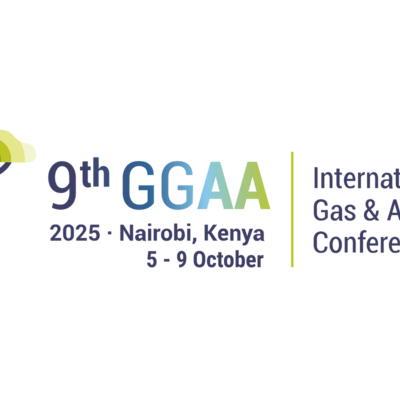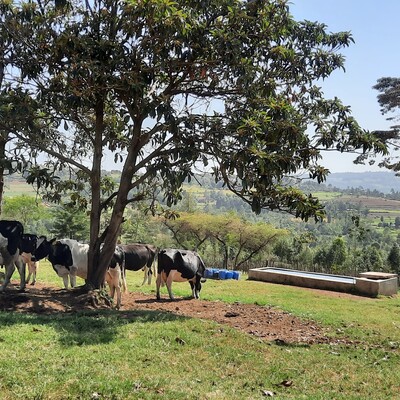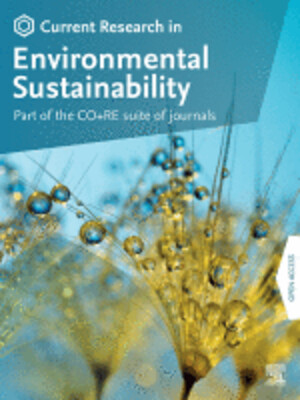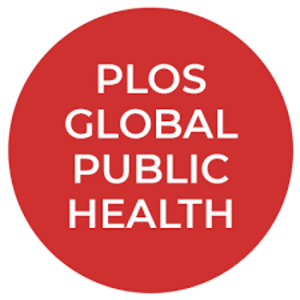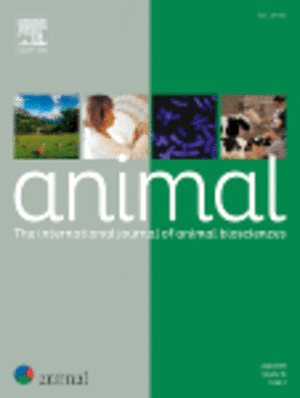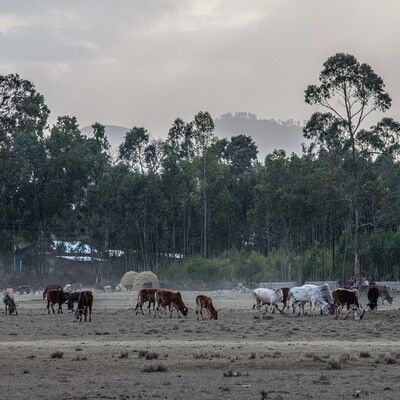
ILRI researchers and partners explore opportunities to support community climate adaptation in Baringo County, Kenya
The CGIAR Initiative on Livestock, Climate and System Resilience aims to address the 'double burden' that climate change poses for livestock production across Africa and Latin America by improving local capacities and supporting inclusive scaling of resilient low-emission practices. Working across disciplines and with public and private stakeholders is critical to achieving this goal.
Scientists from the livestock genetics and gender teams at the International Livestock Research Institute (ILRI) recently visited Baringo County in Kenya, a county that is characterized as an arid and semi-arid region and where pastoral and agro-pastoral livelihoods are common.
With support from Resource Conflict Institute (RECONCILE), an ILRI partner organization, the research teams visited Irong and Paka Hill conservancies to meet local community members and discuss challenges and opportunities in livestock breeding and gender-related issues.
The main economic activities in the county are livestock trading, beekeeping and establishing pastures for sale. Community leaders highlighted gender roles in livestock, some of which must be considered in the planned community breeding program to ensure social inclusion.
These included considerations of intra-household decision-making on buying and selling animals, which is usually gender specific. A mapping exercise provided insights into understanding the natural resources and social services available. Water scarcity is a key challenge in the area.
At the Baringo County headquarters, the county directors of livestock and gender shared their development priorities to identify synergies across projects. Multiple policies have been launched or are in the process of being drafted, including the Development Policy for Baringo County and the Baringo Youth Development Policy.
The county government and its partners have been supporting pasture regeneration and training in breeding management. Drought, low levels of adoption of technologies due to high costs, and poor storage of established and regenerated pastures were noted as constraints in the county.
The research teams will collaborate and work closely with RECONCILE to enhance socially inclusive and equitable climate adaptation opportunities. The livestock genetics team will adapt community-based and socially inclusive livestock breeding approaches to integrate technologies and management practices that improve the productivity of sheep and goats in challenging environments.
Strengthening households to support community adaptation
Mapping of community resources in Paka Hills (photo credit ILRI/Renee Bullock).
Empowering households by working with women and men in their communities will be important because within households, the efforts of wives and husbands are often complementary. In many married households in pastoral systems, livestock ownership and related tasks are gender specific.
Men typically own and purchase large livestock, especially cattle. Men also typically manage vaccination and marketing activities, including the transport of livestock and livestock products like milk.
Women and men often manage small livestock, for example, goats, sheep and chicken, while women care for young and lactating livestock and identify sick animals. Women also assume many livestock-related tasks when their husbands are away, such as caring for goats that remain behind at the homestead when men migrate in search of pasture.
Supporting efforts to work together, learn and co-develop solutions will be paramount to support resilient households and communities.





